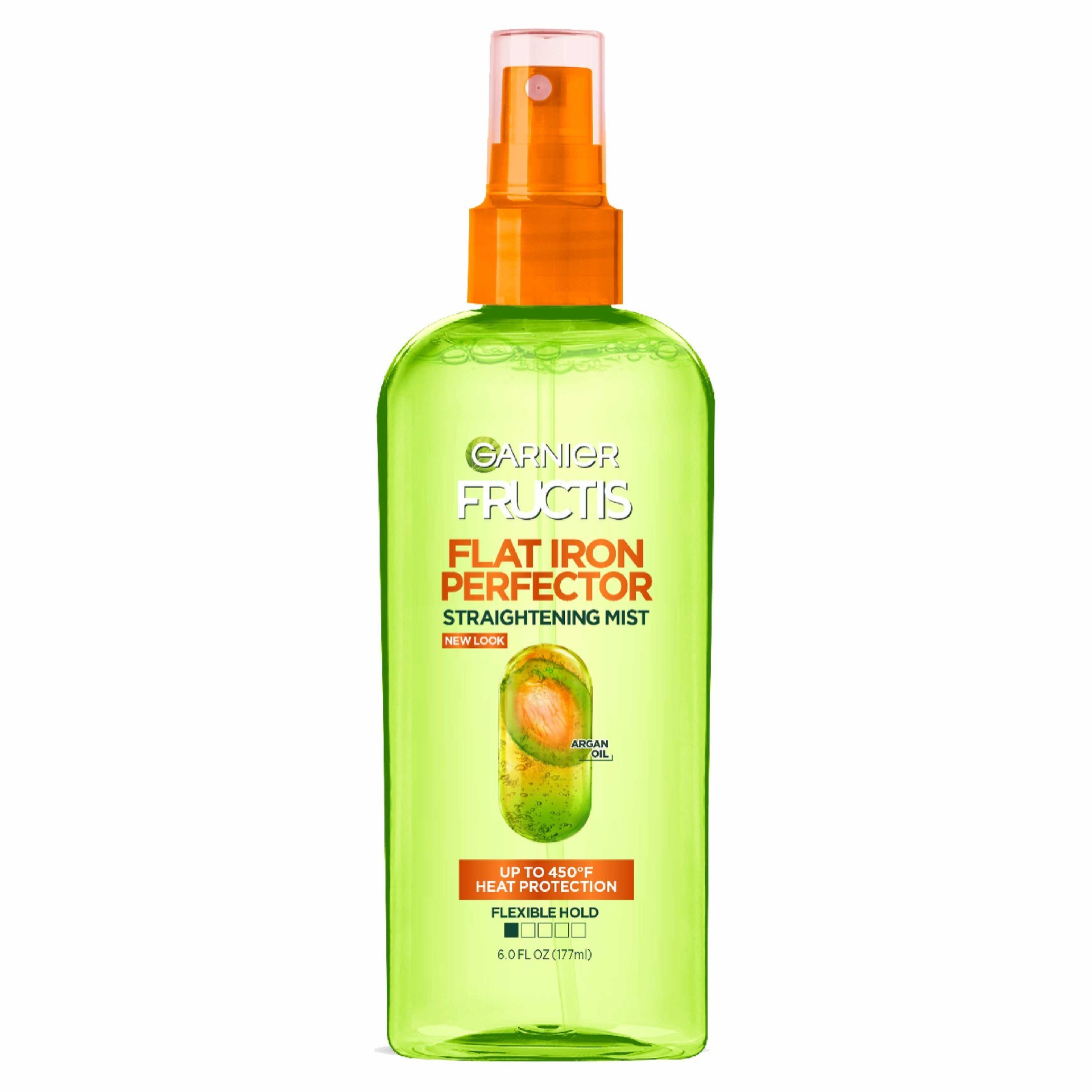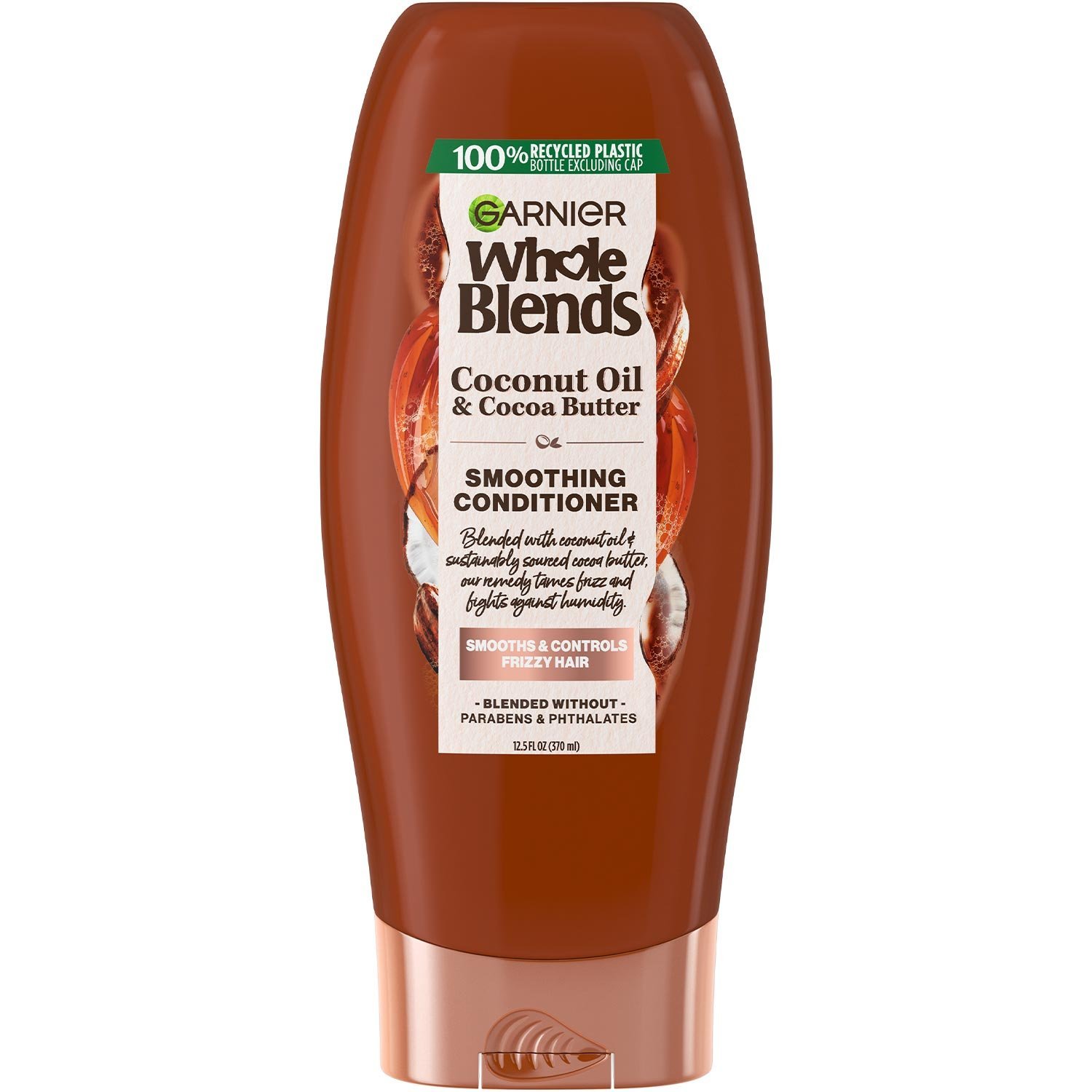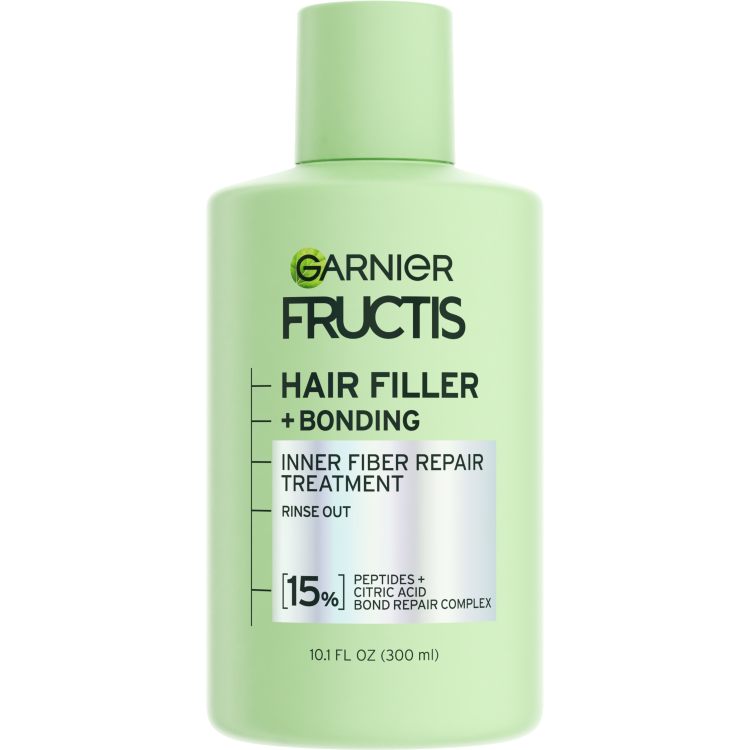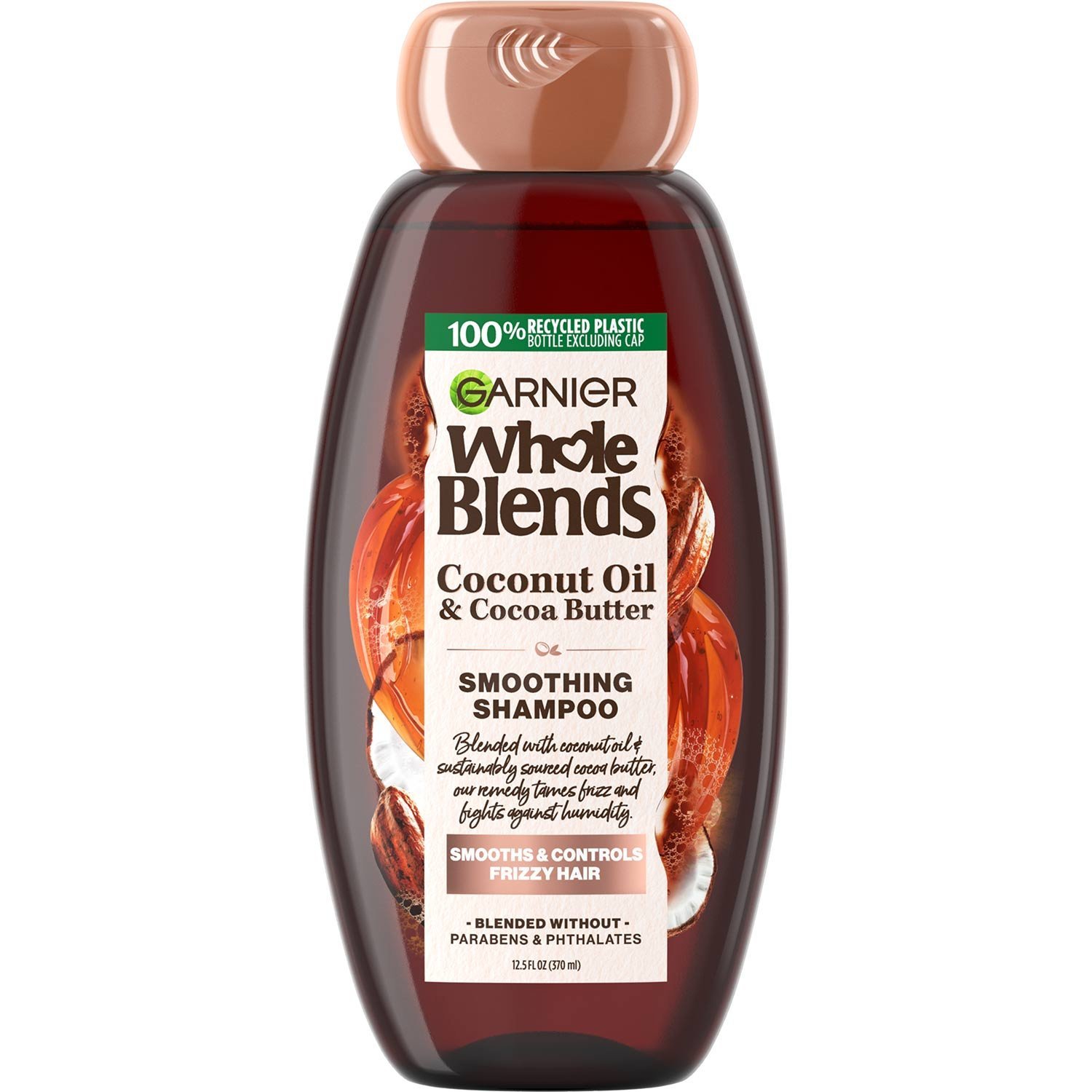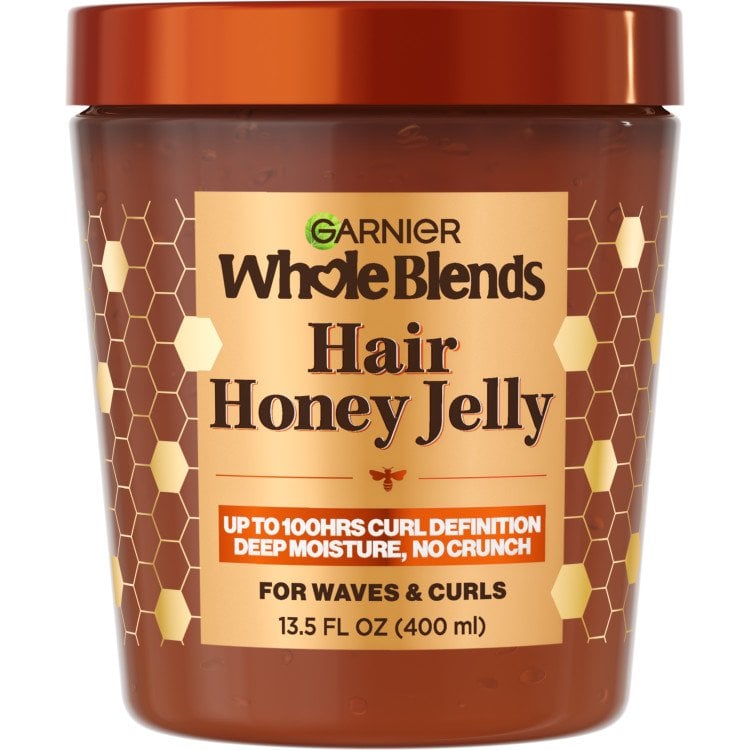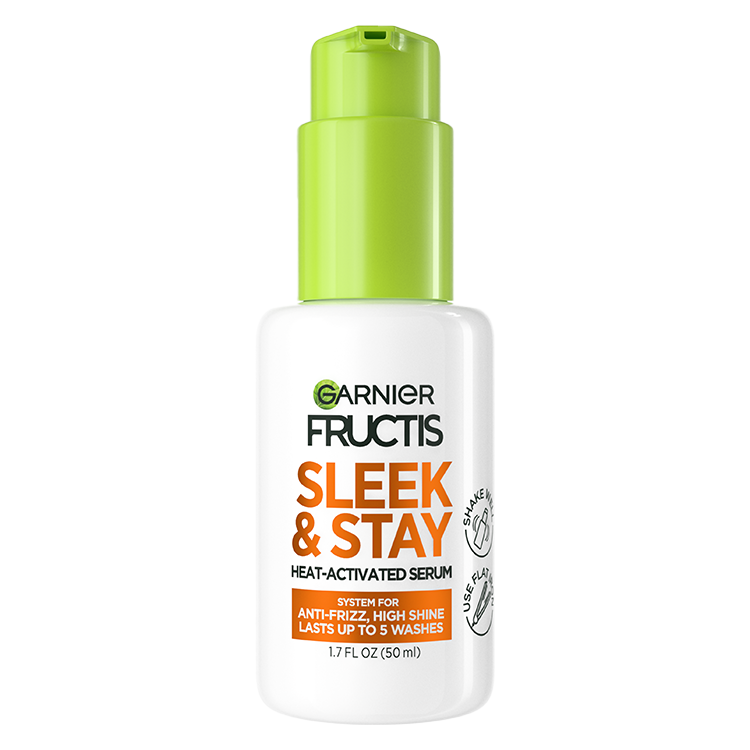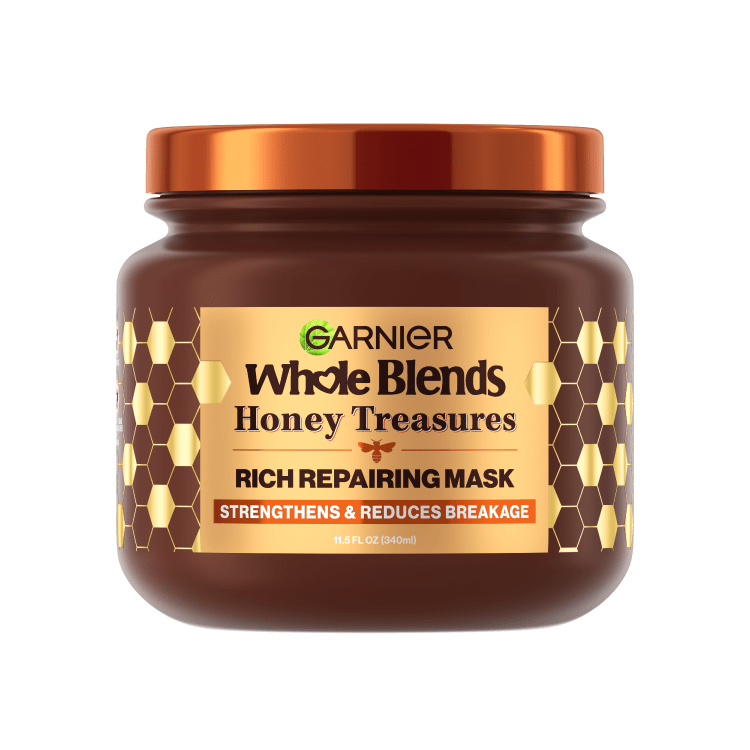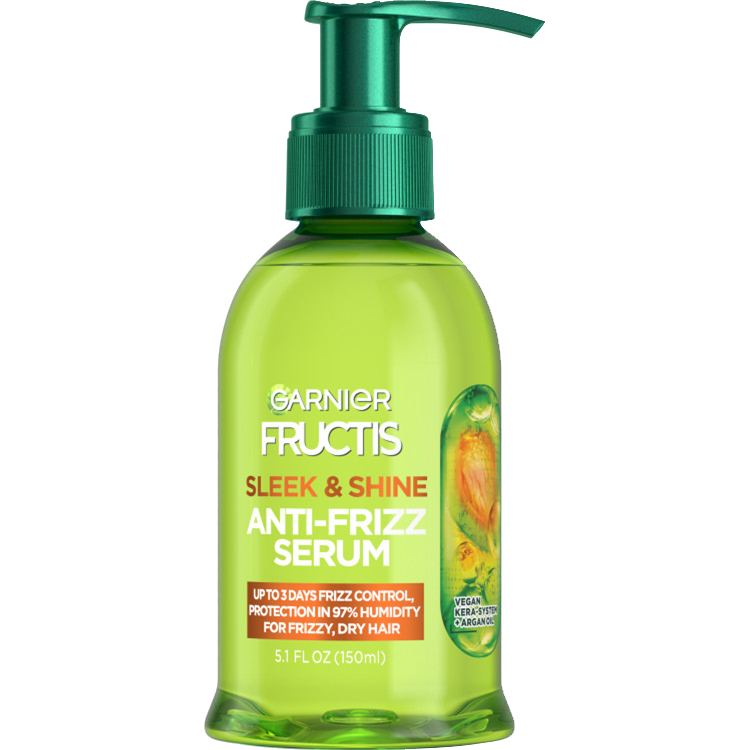03
Nutrición saludable para un cabello fuerte
Un cabello saludable empieza con una dieta saludable. Comer los alimentos adecuados puede influir en el crecimiento, el brillo y la resistencia del cabello. Incorpora estos alimentos a tu dieta para mejorar la salud capilar y combatir el frizz:
Ácidos grasos Omega-3: salmón y otros pescados grasos, linaza, semillas de chía, nueces, soja, espinacas y coles de Bruselas.
Alimentos ricos en biotina: yemas de huevo, vísceras, frutos secos, semillas, boniato, espinaca, setas, aguacate y legumbres.
Suplementos vitamínicos: Las vitaminas B son vitales para el crecimiento y la fuerza del cabello. La vitamina A es importante para la grasa saludable del cuero cabelludo y las vitaminas C y E son poderosos antioxidantes.
Consejo profesional: asegúrate de mantener una buena hidratación.
Un cabello saludable empieza con una dieta saludable. Comer los alimentos adecuados puede influir en el crecimiento, el brillo y la resistencia del cabello. Incorpora estos alimentos a tu dieta para mejorar la salud capilar y combatir el frizz:
Ácidos grasos Omega-3: salmón y otros pescados grasos, linaza, semillas de chía, nueces, soja, espinacas y coles de Bruselas.
Alimentos ricos en biotina: yemas de huevo, vísceras, frutos secos, semillas, boniato, espinaca, setas, aguacate y legumbres.
Suplementos vitamínicos: Las vitaminas B son vitales para el crecimiento y la fuerza del cabello. La vitamina A es importante para la grasa saludable del cuero cabelludo y las vitaminas C y E son poderosos antioxidantes.
Consejo profesional: asegúrate de mantener una buena hidratación.


